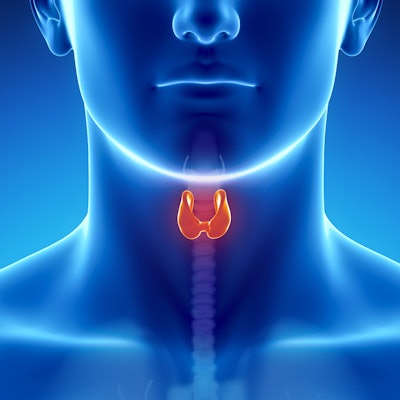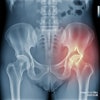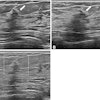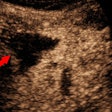
Expanded Medicaid coverage was linked to the diagnosis of more thyroid cancer cases in a study published on September 16 in JAMA Surgery. States that expanded coverage saw increases in cancer diagnoses for both Medicaid members and the overall state population.
Prior studies have repeatedly linked Medicaid expansion to early cancer detection, including for breast, colorectal, cervical, and lung cancers. The new study shows Medicaid expansion's cancer-detecting benefits appear to translate to thyroid cancer as well.
"The overall incidence of thyroid cancer increased more in Medicaid expansion states compared with nonexpansion states, with a disproportionate increase among Medicaid patients," wrote the authors, led by Dr. Ari Schuman, an otolaryngology resident at Baylor College of Medicine in Baylor, TX.
In 2014, the Patient Protection and Affordable Care Act (ACA) allowed states to increase the household income limit for Medicaid coverage from 40% of the federal poverty level to 138% of the federal poverty level. Other studies have found states that chose to expand coverage had earlier cancer diagnosis and fewer deaths, although this type of research has typically not focused on thyroid cancers.
The authors parsed data from 246,296 patients diagnosed with well-differentiated thyroid cancer between 2010 and 2016. They compared changes in thyroid cancer incidence rates for states that chose to expand Medicaid in 2014 and those that opted to remain with the lower household income limit.
The number of thyroid cancer cases rose significantly for Medicaid-insured adults in both expansion and nonexpansion states. But expansion states also saw significant increases in thyroid cancer cases for patients without Medicaid and for the overall population.
| Change in thyroid cancer cases per 100,000 enrollees after Medicaid expansion | ||||
| Insurance status | State Medicaid expansion status | 2010-2012 | 2014-2016 | P-value |
| People with Medicaid | Nonexpansion | 1.6 | 2.0 | < 0.001 |
| Expansion | 3.2 | 5.6 | < 0.001 | |
| People without Medicaid | Nonexpansion | 12.7 | 12.7 | 0.18 |
| Expansion | 16.7 | 17.5 | < 0.001 | |
In expansion states, thyroid cancer incidence per 100,000 Medicaid beneficiaries increased from 3.2 cases in 2010-2012 to 5.6 cases in 2014-2016. Similarly, incidence rates per 100,000 people without Medicaid insurance rose from 16.7 to 17.5, and cases per 100,000 people in the overall population increased from 15.9 to 16.3 in those same years.
Meanwhile, in nonexpansion states, thyroid cancer incidence per 100,000 Medicaid beneficiaries increased from 1.6 cases in 2010-2012 to 2 cases in 2014-2016. The changes in cases for patients without Medicaid and the overall population weren't significant.
The authors also calculated how the percentage of Medicaid-insured patients with thyroid cancer changed between 2010 and 2016. In expansion states, the percentage of patients with Medicaid insurance rose from 7.3% of thyroid cancer patients in 2010-2013 to 12.9% in 2014-2016. In nonexpansion states, that percentage only increased from 4.4% to 4.5%.
In total, the authors found a 5.5% absolute difference in the percentage of Medicaid-insured patients with thyroid cancer between expansion and nonexpansion states. Since tumor classification didn't significantly change, the difference was likely not due to overdiagnosis, the authors noted.
"Increased coverage could lead to increased incidence by overdiagnosis," they wrote. "However, our analysis showed stable size among Medicaid enrollees, indicating no increase in overdiagnosis."
The authors cautioned that the National Cancer Database information they used also contains data from children, which they excluded, and people insured by both Medicaid and Medicare, which they counted as non-Medicaid beneficiaries. The dataset also had missing data on thyroid cancer tumor type, but they expected any missing data would affect all types of insured people equally and, therefore, not affect the validity of their results.
"Despite these limitations, our data showed that Medicaid expansion was associated with an increase in thyroid cancer diagnosis among Medicaid enrollees without a change in tumor size, suggesting appropriate health care utilization," they concluded.



















